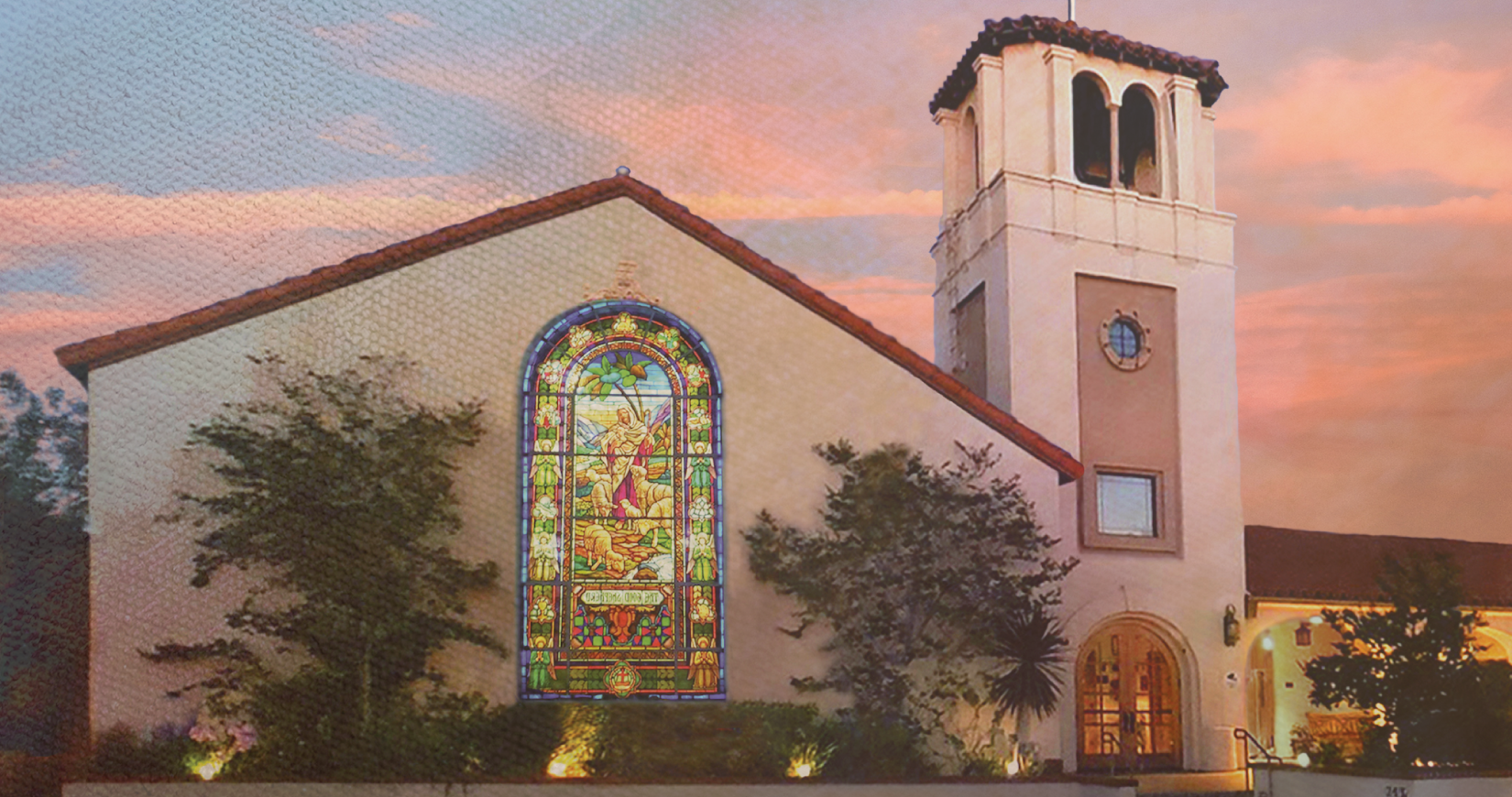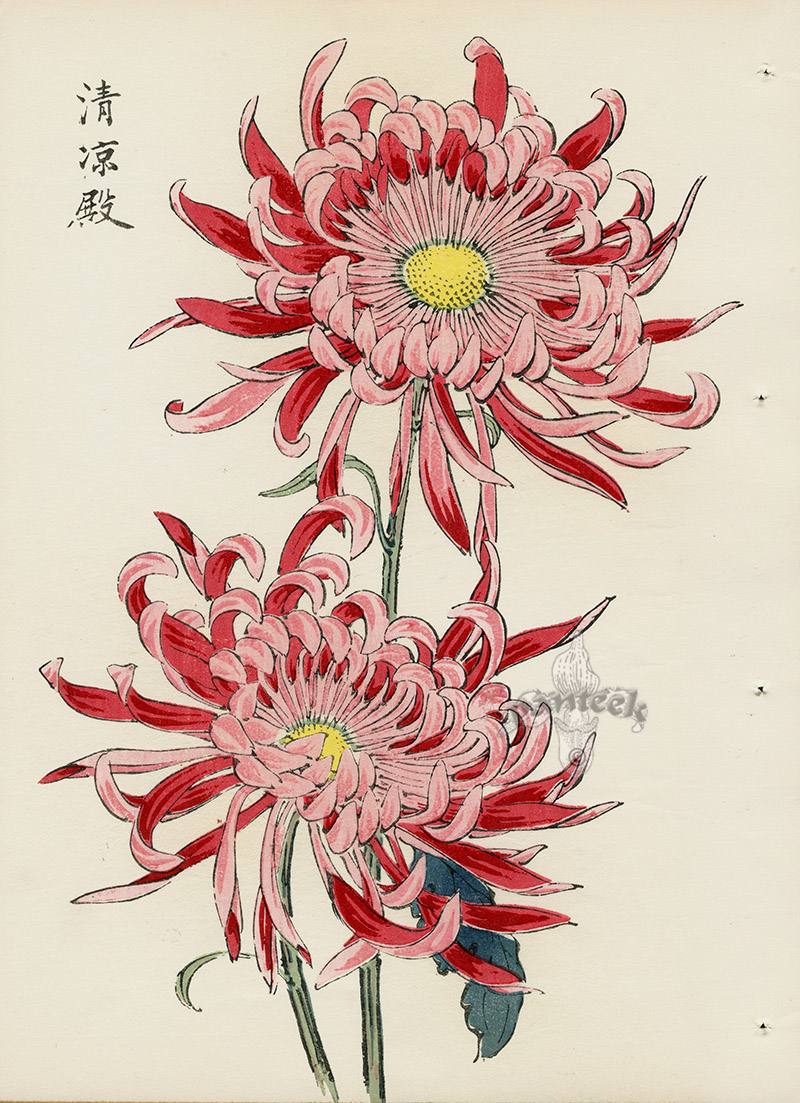-

All things new
Read more: All things newMany days I’ll wrap up my day job and drive over to the church so I can work on my sermon with the joyous applause of alcoholics and children of alcoholics and addicts and debtors and gamblers celebrating recovery in the background. And if I’m really lucky, once or twice a week, one of the…
-

And the calm will be the better
Read more: And the calm will be the betterThey go out on the water, and a wild storm comes. The disciples are overwhelmed, by the storm, meanwhile, Jesus decides that rather than sleeping on the mountain when he’s done praying, he’ll just walk across the water, as one does, to join his friends on the sea. And during the fourth watch of the…
-

Hope is the thing with feathers
Read more: Hope is the thing with feathersIn the five pericopes we read—the five little chunks of scripture—we saw Jesus’ interactions with the disciples, with the people of Israel, and with foreigners—and at times, his interactions are puzzling. But after spending the last week meditating on this, I think there’s a common thread here: Jesus invites everyone around to listen for, or…
-

Fight, flight, freeze, fawn, flop, forget-about-it…
Read more: Fight, flight, freeze, fawn, flop, forget-about-it…A sermon on Luke 1:23-45 for Kensington Community Church on the second Sunday of Advent. This sermon series is structured after the theme “How does a weary world rejoice?” from A Sanctified Art. You’re probably already familiar with the concept of instinctive threat responses—the reactions our bodies choose between when we are afraid. Back in my day,…
-

All the things I’m scared of
Read more: All the things I’m scared ofI am someone who is scared, a lot, of a lot of things. I am scared of taking out the trash at night. I am scared of my car making weird noises. I am scared of checking my to do list. I am scared of notifications in the FollowMyHealth app from my doctor’s office. I…
-

Fruitcake and the family of God
Read more: Fruitcake and the family of GodIt’s an imperfect analogy, but it makes me think about when I first started working here last summer and learned all about our practices around Dia de los Muertos and our favorite hymns and the hymns which were very much not our favorite and the parts of our order of service and prayers that were…
-

Bidirectional memory
Read more: Bidirectional memoryDía de los Muertos and All Souls Day are two holidays that occupy the same day on our calendars and share meanings that are quite similar, even if there’s an important demarcation point between the two. I think the Catholic writer Joel Schorn put it best when he talked about the two holidays as ones…
-

What are you avoiding, Jonah?
Read more: What are you avoiding, Jonah?In therapy this week making small talk about this sermon, and my therapist, Dr. ■■, just kind of nods… then we begin the session and we talk about this reflection exercise I said I’d do and haven’t done… and then we talk about this absolutely annoying work phone call I said I’d make but haven’t……
-

Choosing to be together
Read more: Choosing to be togetherAn Episcopal priest I follow, Reverend Rachel Kessler, said this week that if there is ever anything that makes her consider giving up on ministry, it is when the balance in her work shifts “from more about proclaiming the good news to like, trying to keep an institution alive.” And while I haven’t been doing…
-

What is God like?
Read more: What is God like?I can’t help but wonder, friends, if the reason we can’t get away from the complexity of the trinity is that we are being called into the same. We are being given the holy mystery of God, revealed in the scriptures that our forebearers have compiled out of six millenia spent triangulating who God is…

God and us
A prophet’s true greatness is his ability to hold God and man in a single thought.
Abraham Joshua Heschel